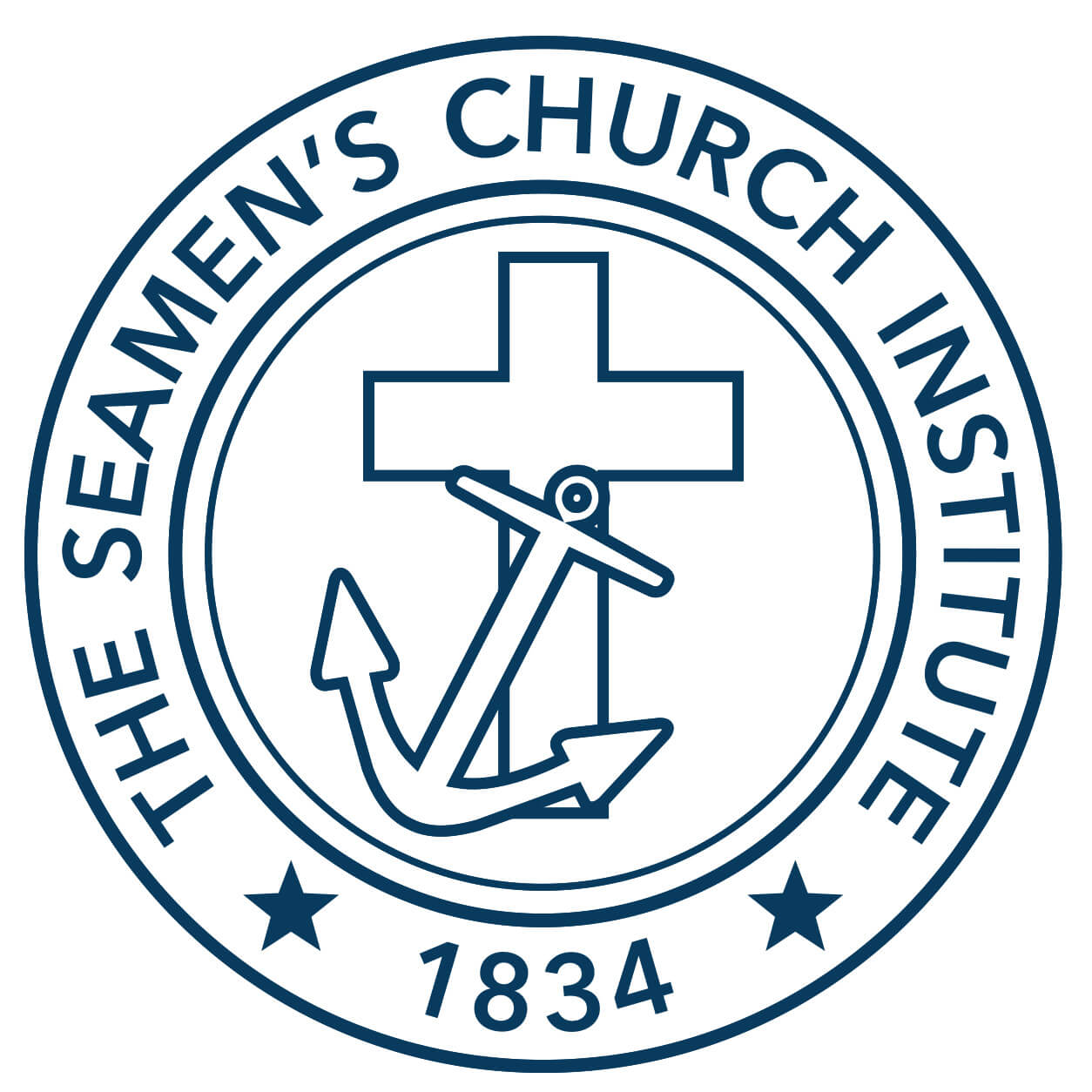FIRE, FIRE, FIRE! Abandon Ship!




At 9:04 p.m. on Wednesday, July 5, those title words above rang out on the 12th deck of the M/V Grande Costa d’Avorio, while berthed near the Seamen’s Church Institute’s International Seafarers’ Center at Port Newark. The 28 crewmembers from the Philippines, Italy, and Romania, immediately went to their muster stations, where they began fire suppression efforts.
–
There are five types of alarms on a commercial ship, whether it’s a cruise ship, container ship, bulk carrier, roll-on roll-off (commonly called a car ship), tanker, or any combination. Every seafarer is alert to the sound of one of these alarms: general emergency, fire, man overboard, abandon ship, and CO2. Three of these alarms sounded on the Grande within eleven hours. The ship was a combination car and container ship. The fire was on one of the decks with cars loaded for transport to Africa. The crew used fire extinguishers and onboard fire hoses to fight the fire. However, the fire’s spread eventually exceeded those tools, at which time hatches to the various compartments were closed and dogged so carbon dioxide could be used. But that effort, too, was unsuccessful.
By 6:40 a.m. on Thursday, July 6, it was no longer safe for the crew to remain on the ship, so the abandon ship alarm sounded; the crew returned to their muster stations, and the captain verbally ordered “abandon ship.” The seafarers left the ship with little more than the clothes they were wearing, and for many crewmembers, that meant the greasy overalls worn when they were on duty. They were headed to safety, but as the fire was on at least three decks that included their accommodations (where the crew lived), they all knew they had lost all of their possessions.
The Seamen’s Church Institute was alerted by the Port Authority and responded to the emergency. The crew had been taken to a nearby Port Authority building, where Chaplains James Kollin and Michelle McWilliams arrived early that morning. Stress counseling was the immediate need. The feeling of loss was overwhelming. They had no idea what was to happen to them. Their official work documents, photographs, clothes, computers, and any cash they’d been paid (seafarers often have most of their pay sent home, but the balance is paid in US $100 bills), were gone. Fourteen had visas, but the other fourteen did not.
Their worries were palpable. What would happen to them? Would they be blamed for the fire? Was there a deficiency in how they fought the fire? How would an investigation be conducted? Who would have to remain at Port Newark? Would they be paid for the balance of their contracted service with Garibaldi Shipping? How would they get home? On top of these questions, the death of two firefighters weighed heavily on all of them. Uncertainty and guilt are powerful emotions. The ship’s Chief Mate, from Romania, seemed to be having a very difficult time. He was responsible for the safe operation of the ship. James counseled him as best he could in such a situation, reassuring him that the crew was safe, no one was injured, and the ship was still afloat. James asked if he had talked with his family. Yes, the mate said, they were greatly relieved for the crew and mourned the firefighters. Even if James and Michelle didn’t have answers, having chaplains there to talk with the seafarers lowered the crews’ stress level. And talking was certainly the best medicine for the Chief Mate.


After the ship’s agent arrived with one shirt and pair of pants for each crewmember, James and Michelle took the dirty work clothes to SCI to be washed. It was much appreciated. The agent also arranged for the crew to be housed at the nearby Doubletree Hotel. But the crew needed additional clothes, toiletries, and other essentials. SCI could assist with that.
At the direction of SCI President and Executive Director, the Rev. Mark Nestlehutt, ISC Director Tim Wong utilized the “Seafarers’ SOS Fund”—created during the pandemic to assist seafarers in times of emergency—to purchase most of the things requested by the crew such as shirts, flip-flops, shorts, toiletries, and more. These items were delivered on the following Tuesday, and they had a bit of a celebration when Tim and James made the delivery at their hotel.
Crewmembers not needed for the Coast Guard investigation would eventually fly home to await the next ship assignment. Those whose presence was needed stayed at the hotel, and SCI remained engaged with them throughout.
